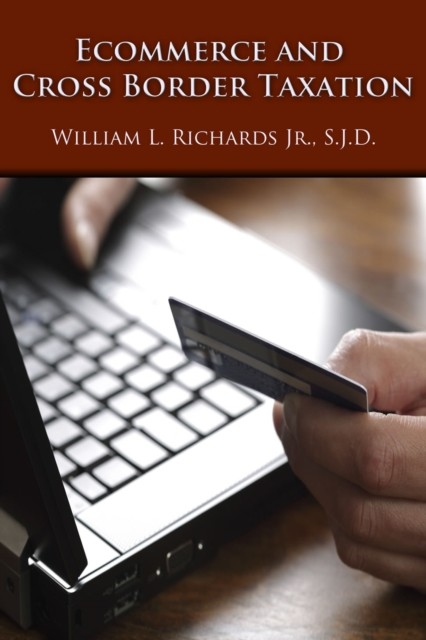Electronic commerce by its very innovative nature has engendered a novel application of past precedents. In the application of concepts of cross border taxation, it embraces traditional questions of source and resident taxation. Initially these principles were developed domestically. What has transpired in the development has been an evolution of the Due Process and commerce clauses of the United States. This evolution of constitutional considerations resulted because electronic commerce made for a complex determination of which domestic state had jurisdiction to tax electronic commerce. It brushed up against precedent notions of how the Due Process and Commerce Clause had been analyzed in terms of activities sourced and effects upon those whose borders are crossed.

